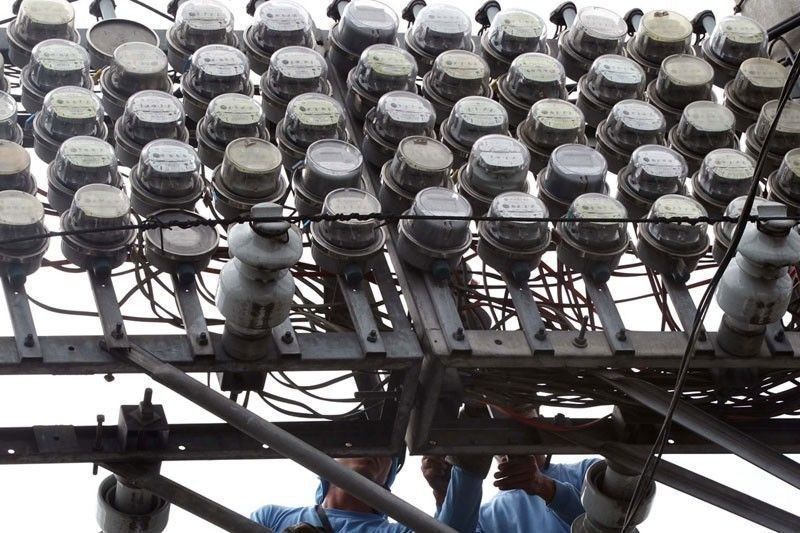Marcos: Government moving to cut power cost
By Alexis Romero – May 31, 2024 | 12:00am
from The Philippine Star

During the event, President Bongbong Marcos noted that any form of industrialization requires increasing the availability of power and addressing the cost and the efficiency in its distribution.
STAR / File
BANDAR SERI BEGAWAN – Admitting that power cost is a problem of prospective investors in the Philippines, President Marcos assured energy business leaders here that efforts are underway to address the issue and urged them to invest in the country’s renewable energy sector.
Marcos tackled the direction the Philippines is heading in terms of energy sector development during a meeting with energy sector executives last Wednesday, the second day of his two-day state visit to Brunei.
During the event, Marcos noted that any form of industrialization requires increasing the availability of power and addressing the cost and the efficiency in its distribution.
He acknowledged that one of the problems faced by potential investors in the Philippines is the cost of power and energy.
“And there are many aspects to that problem. Our transmission system, which has fallen behind in terms of development, and in terms of even their contractual obligations to the government in terms of building additional transmission lines. But we are working very hard on that,” the President was quoted by a Palace statement as saying.
Marcos said the government aims to construct more transmission facilities through the Maharlika Investment Fund, which seeks to encourage and sustain high-impact infrastructure and development projects and promote development through strategic investments in key sectors.
“I think we’ve come up with some solutions with the sovereign fund getting involved in that. So we hope to put additional capital into the system so that we can accelerate the production (and) the putting up of the towers and the transmission lines,” the Chief Executive said.
Aside from putting up transmission lines and towers, the Philippines is also working to develop other energy sources and to minimize the use of fossil fuels, Marcos said. He called on the Bruneian investors to take advantage of the growth of renewable energy in the Philippines, saying the country is making progress in the sector.
“We now add to this the transformation of fossil fuels to renewables, which is, I think, something that everyone is having to deal with,” Marcos said. “I’m sure everyone is aware, the Philippines is now trying to transform our whole energy from the production side to the transmission side, to the distribution side.”
Marcos also cited the need to further develop and explore potential gas fuels in the Philippines even if the country has its own energy sources. According to him, there are “geopolitical concerns” to consider, noting that some of the huge gas and oil deposits are in what he called“conflict areas” of the West Philippine Sea – the part of the South China Sea that is within the Philippines’ exclusive economic zone and continental shelf. The resource-rich area is also being claimed by China.
“That’s why we are trying to diversify our suppliers. And hopefully, we take to heart the lessons that we learned during the pandemic when supply chains suddenly were shown to be more vulnerable, much more vulnerable than we had imagined,” Marcos said.
Before the meeting with stakeholders of Brunei’s energy sector, Marcos attended the Philippine Business Forum, where he touted the passage of the Renewable Energy Act, which allows foreigners to own up to 100 percent of renewable energy projects in solar, wind, and tidal energy.
“We see incredible potential in sectors such as agribusiness, renewable energy, (and) Halal (industry development),” the President said.
Renewable energy sources account for about 22 percent of the Philippines’ energy mix. Coal is still the country’s main energy source, contributing 43.9 percent to the mix.
Under the Philippines’ Power Development Plan 2020-2040, the energy department seeks to increase the share of renewable energy to the power generation mix to 35 percent by 2030 and to 50 percent by 2040.



